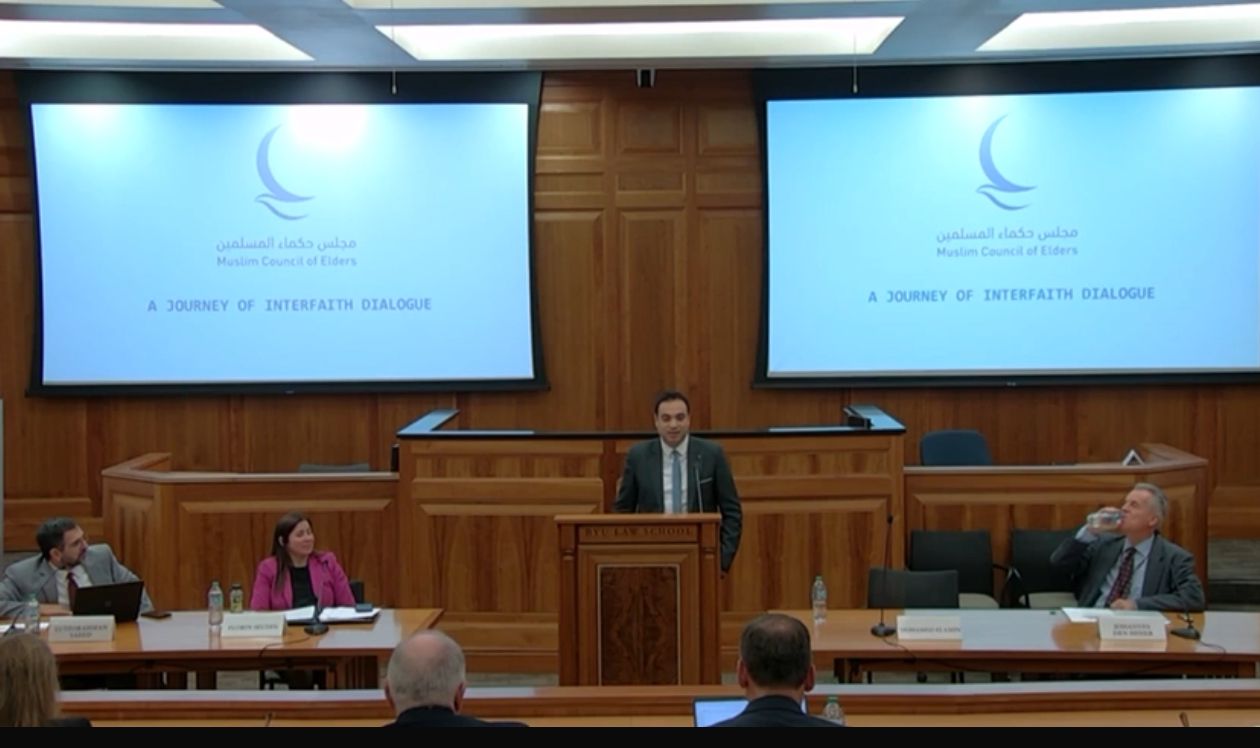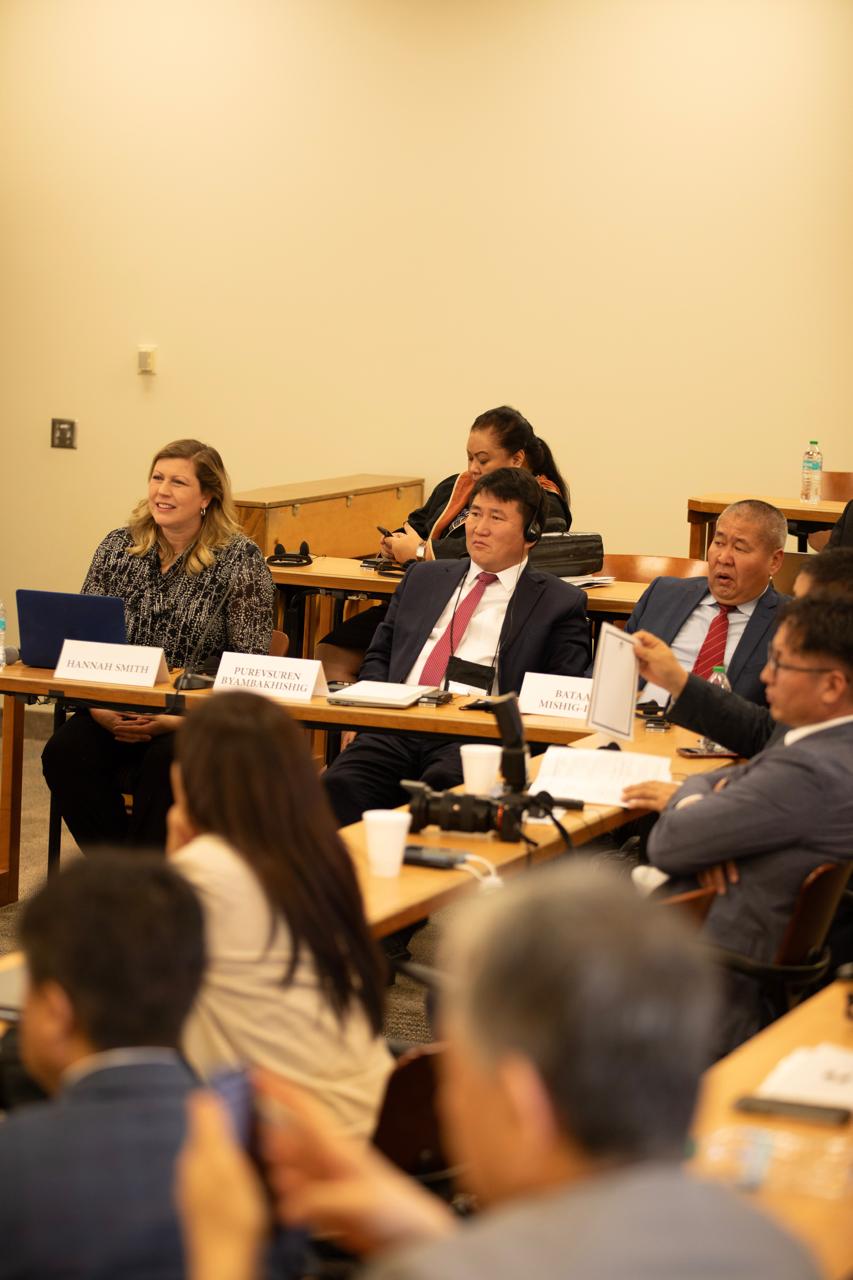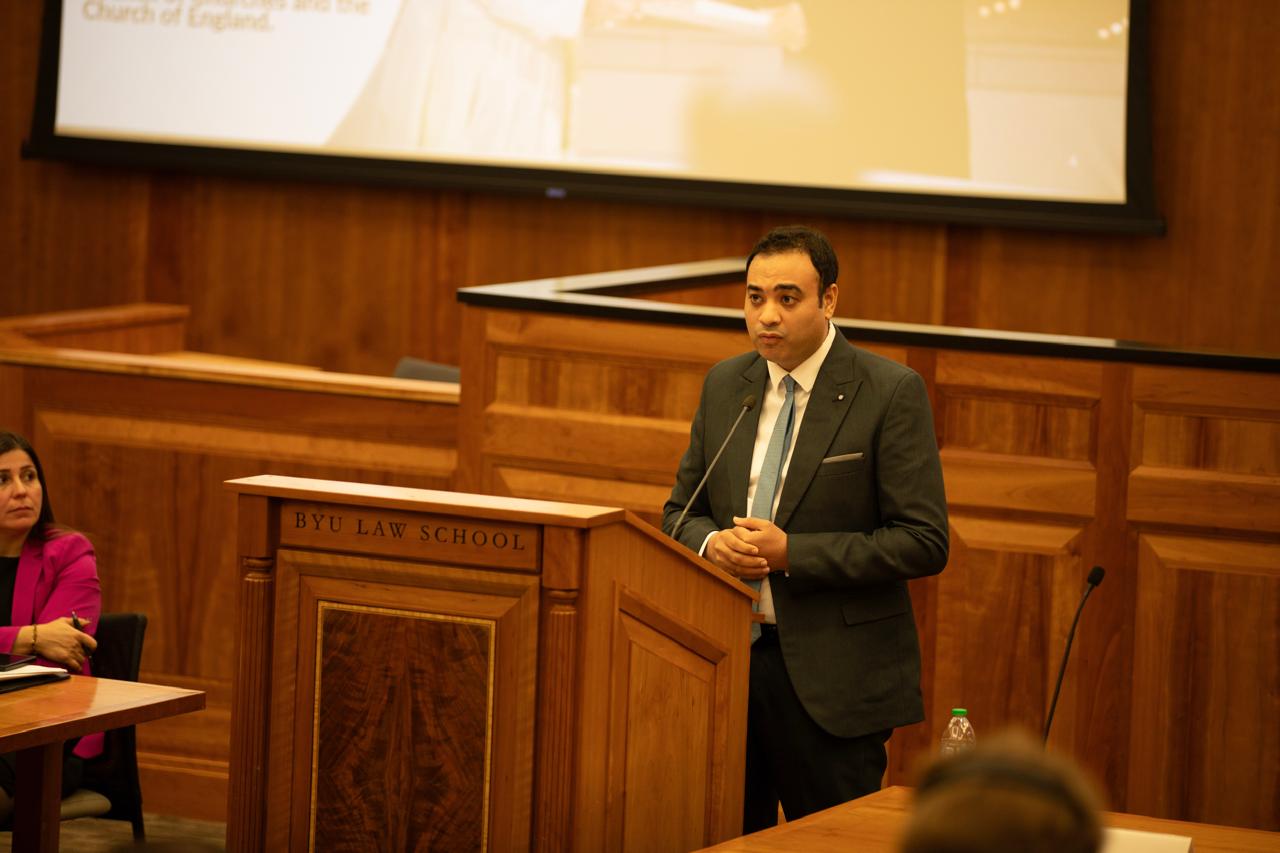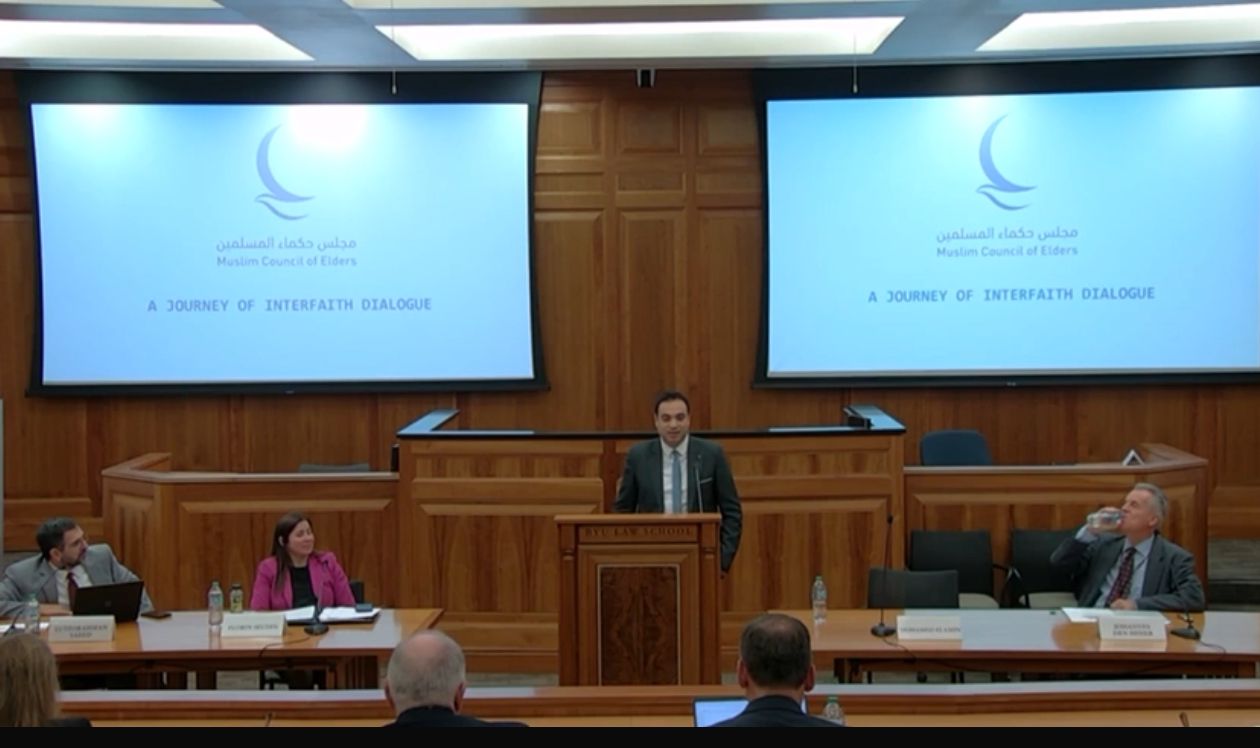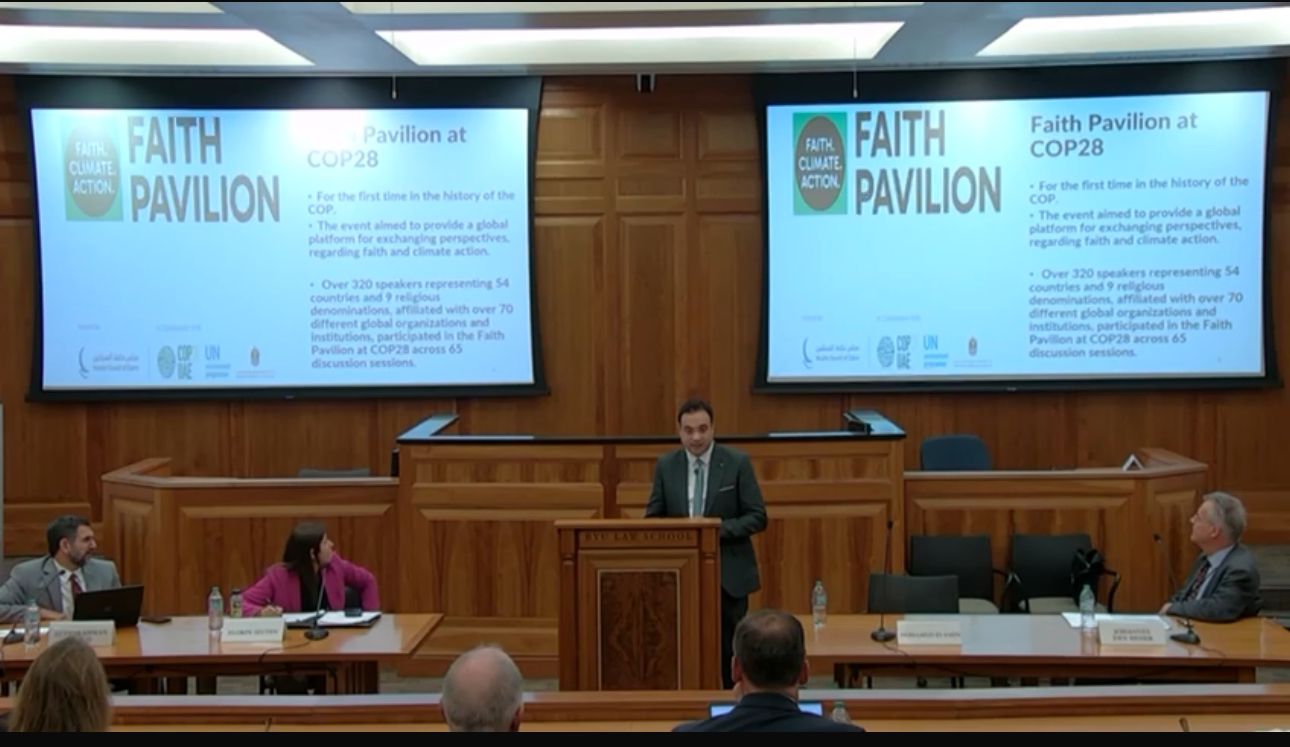Muslim Council of Elders Participates in the 31st International Symposium on Law and Religion in the United States
The Muslim Council of Elders participated in the 31st International Symposium on Law and Religion, organized by the International Center for Law and Religion Studies at Brigham Young University in the United States, themed "Religious Freedom as a Tool for Peacemaking." The symposium brought together a broad spectrum of government representatives, institutions, religious organizations, academics, and experts specializing in law and religion. Discussions focused on concepts of religious freedom, academic perspectives on law and religion, ways to enhance human rights in education and religious freedoms, and the importance of interfaith cooperation to promote religious freedom and deepen the foundations of peace.
During a session titled 'Middle East – Religious Affairs', Mohamed Elamin, Programs Director of the Muslim Council of Elders, highlighted the Council’s efforts, under the leadership of His Eminence Dr. Ahmed Al-Tayeb, Grand Imam of Al-Azhar and Chairman of the Muslim Council of Elders, to establish a culture of peace, tolerance, and coexistence, to foster communication, dialogue, and understanding among diverse cultures and societies, and to empower religious leaders in addressing humanity’s most pressing challenges.
Elamin elaborated on the Council’s initiatives over the past decade, including seven rounds of East-West dialogue that culminated in the signing of the Document on Human Fraternity by His Eminence Dr. Ahmed Al-Tayeb and His Holiness Pope Francis, which stands as a cornerstone in modern human history. He added that the Council has launched over 15 international Peace Convoys, which have traveled across the globe to address misconceptions and promote a moderate, enlightened perspective. The Council has also prioritized youth involvement in peacemaking through initiatives such as the Emerging Peacemakers Forum and the Student Dialogues for Human Fraternity program.
Elamin also referenced the Faith Pavilion initiative launched by the Muslim Council of Elders at COP28, the first inclusion of such a pavilion at a Conference of the Parties. This initiative saw significant engagement from various societal groups, including religious leaders, environmental experts, academics, and representatives of youth, women, and indigenous communities. Baku, the capital of Azerbaijan, will host the second Faith Pavilion at COP29 in November, with the goal of sustaining COP28 initiatives, enhancing collective spiritual efforts, and rallying ethical voices to create effective solutions for the climate crisis.
The International Center for Law and Religion Studies is a prominent academic institution in the field of international religious freedom. Since 1994, it has organized the International Symposium on Law and Religion to provide a global platform for government leaders, religious figures, academics, and legal experts worldwide, aiming to discuss and expand knowledge on the interconnected domains of law and religion, fostering their mutual impact and global expertise.

